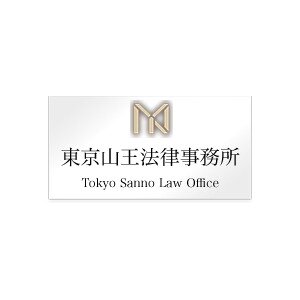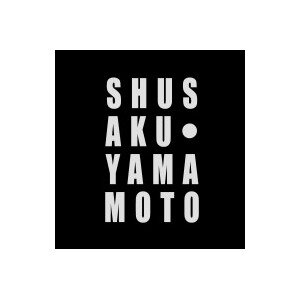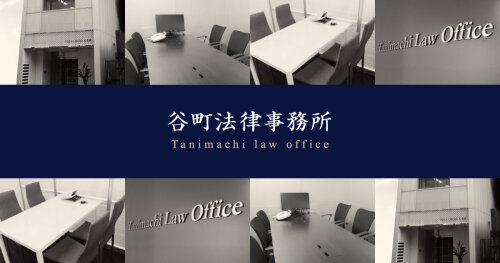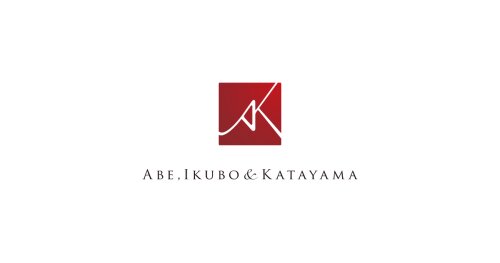Best Art & Cultural Property Law Lawyers in Japan
Share your needs with us, get contacted by law firms.
Free. Takes 2 min.
Or refine your search by selecting a city:
List of the best lawyers in Japan
About Art & Cultural Property Law in Japan
Art & Cultural Property Law in Japan is a specialized area of law that deals with the regulation, protection, and preservation of assets with artistic, historical, or cultural significance. It encompasses a wide range of activities, including the creation, sale, export, and import of both tangible and intangible cultural goods. This legal field ensures that Japan's rich heritage is preserved for future generations while allowing for cultural exchange and commercial exploitation consistent with national and international laws.
Why You May Need a Lawyer
There are several scenarios where a lawyer specializing in Art & Cultural Property Law may be essential:
- Buying or selling art pieces, where questions of authenticity, provenance, or compliance with export/import regulations arise.
- Dealing with issues related to the unauthorized reproduction or commercialization of cultural properties.
- Handling disputes over ownership or the rightful custody of cultural artifacts, including cases involving restitution claims.
- Advising museums and cultural institutions on their obligations under Japanese law and international treaties.
- Navigating the legal complexities involved in the digitization and online sale of cultural products.
Local Laws Overview
The key legal framework concerning art and cultural property in Japan includes:
- The Cultural Properties Protection Law: This pivotal law aims to preserve significant cultural properties, requiring specific procedures and approvals for any alteration, export, or transfer.
- Intellectual Property Law: Governs the copyright and moral rights associated with artistic works to protect creators and their works.
- International Agreements: Japan is a signatory to numerous international conventions like the UNESCO 1970 Convention, impacting how cultural properties are imported and exported.
- Local Government Regulations: Various prefectures and municipalities have their own rules for the protection and handling of cultural assets.
Frequently Asked Questions
What defines a cultural property in Japan?
Cultural properties include tangible items like structures, artworks, and crafts, as well as intangible elements such as traditional festivals or performing arts, deemed important for Japanese culture by the government.
Can I export art and cultural assets from Japan?
Exporting cultural properties may require permits and is often restricted to prevent loss of heritage. Consultation with an expert and adherence to the Cultural Properties Protection Law are vital.
How can I verify the authenticity of an art piece?
Using professional appraisers and obtaining provenance documents are standard practices. Legal advice can also provide guidance on necessary checks and expert consultations.
What are the consequences of illegally exporting cultural properties?
Penalties include fines and imprisonment. The severity depends on the intent and harm caused by the offense, underscoring the importance of ensuring compliance with all legal requirements.
How do international treaties affect art transactions in Japan?
Treaties like UNESCO 1970 Convention regulate cross-border art transactions by setting guidelines for the protection and restitution of cultural property, which are integrated into Japan's laws.
What should I do if I own stolen or looted art?
Conduct due diligence and seek legal advice promptly. Restitution claims are sensitive and may require negotiated settlements or court decisions to resolve ownership issues.
What protection do copyrights provide for artists?
Copyrights protect the expression of ideas in creations, preventing unauthorized reproduction or commercial use and ensuring artists control how their works are used.
How is restitution of cultural property handled in Japan?
Restitution involves returning property to its rightful owner. Japan may facilitate this through negotiations or legal avenues, in line with both domestic and international standards.
Are there grants available for cultural property conservation in Japan?
Yes, several governmental and non-profit organizations offer grants to support conservation efforts for cultural properties, promoting their preservation and public access.
What role do local governments play in cultural property protection?
Local governments can designate properties as culturally significant within their jurisdictions, implement conservation measures, and provide assistance with legal compliance and financial support.
Additional Resources
For further assistance, consider exploring the following resources:
- The Agency for Cultural Affairs in Japan, which oversees cultural preservation.
- The Japan Foundation, promoting cultural exchange and safeguarding cultural assets.
- Legal associations providing directories of specialized lawyers in Art & Cultural Property Law.
- International research centers on cultural property law, offering comparative insights and global perspectives.
Next Steps
If you require legal assistance in Art & Cultural Property Law in Japan, consider these steps:
- Research and contact a lawyer specializing in Art & Cultural Property Law to discuss your case and legal needs.
- Prepare all relevant documentation, such as purchase records, provenance data, and correspondence, to provide a comprehensive overview of your situation.
- Engage in initial consultations to understand your legal position, rights, and potential solutions.
- Consider seeking additional opinions or alternative dispute resolution mechanisms if you are involved in complex cultural property controversies.
Lawzana helps you find the best lawyers and law firms in Japan through a curated and pre-screened list of qualified legal professionals. Our platform offers rankings and detailed profiles of attorneys and law firms, allowing you to compare based on practice areas, including Art & Cultural Property Law, experience, and client feedback.
Each profile includes a description of the firm's areas of practice, client reviews, team members and partners, year of establishment, spoken languages, office locations, contact information, social media presence, and any published articles or resources. Most firms on our platform speak English and are experienced in both local and international legal matters.
Get a quote from top-rated law firms in Japan — quickly, securely, and without unnecessary hassle.
Disclaimer:
The information provided on this page is for general informational purposes only and does not constitute legal advice. While we strive to ensure the accuracy and relevance of the content, legal information may change over time, and interpretations of the law can vary. You should always consult with a qualified legal professional for advice specific to your situation.
We disclaim all liability for actions taken or not taken based on the content of this page. If you believe any information is incorrect or outdated, please contact us, and we will review and update it where appropriate.
Browse art & cultural property law law firms by city in Japan
Refine your search by selecting a city.















